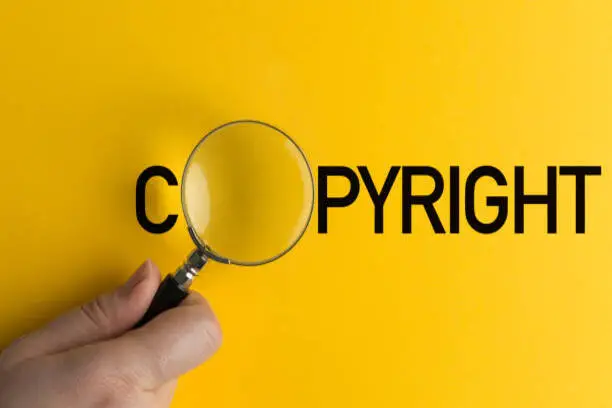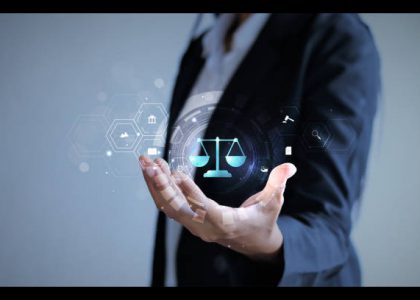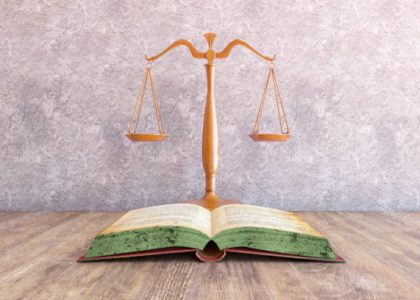


On January 8th, the Supreme Court delved into the intricacies of copyright law during oral arguments in Fourth Estate Public Benefit Corporation v. Wall-Street.com [Case No. 17-571 (Jan. 8, 2019)]. The case aimed to resolve a longstanding circuit split concerning the copyright registration essential for a copyright infringement suit.
Section 411(a) of the Copyright Act sets a crucial condition for instituting civil actions related to copyright infringement. The condition stipulates that no action can be initiated until preregistration or registration of the copyright claim is made. However, the courts of appeals differ on what precisely constitutes the fulfillment of this “registration” condition.
Courts adopting the “application approach” argue that the condition is satisfied when a copyright owner submits all necessary materials to the Copyright Office. Conversely, those embracing the “registration approach” insist that fulfillment occurs only when the Copyright Office renders a decision by either denying the application or issuing a registration approval. In the case at hand, the Eleventh Circuit dismissed Fourth Estate’s case against Wall-Street.com, emphasizing that the action was filed after applying for copyright registration but before the Copyright Office made a decision.
During oral arguments, the Justices grappled with the interpretation of the phrase “registration . . . has been made.” Justice Kagan acknowledged the flexibility of the term “registration” to encompass both meanings. Chief Justice Roberts, however, noted the parallel structure in the use of “registration has been made” and “registration has been refused,” pointing out potential incongruities in textual meaning throughout the statute.
Justices Kavanaugh and Gorsuch focused on the policy and practical implications of each party’s stance. While Kavanaugh leaned towards Wall-Street.com’s textual argument, concerns lingered about the potential delay and loss of rights for copyright holders in a rapidly evolving digital landscape.
The Justices provided limited insights into their views on the policy arguments. The interpretative challenge lies in the flexibility of the term “registration.” If the plain meaning of the text is the decisive factor, the Court may lean towards the “registration approach.” With Justice Kavanaugh’s commitment to statutory textualism, Fourth Estate’s contention that a pending application suffices may face an uphill battle.
If the “registration” approach prevails, the Copyright Office may witness a surge in special handling filings, potentially leading to a new backlog. Conversely, if the “application approach” triumphs, post-litigation disputes could emerge between court decisions and subsequent Copyright Office determinations, necessitating the expertise of Intellectual Property Attorneys to reconcile conflicting interpretations and ensure legal alignment between court rulings and copyright registrations.
As the Supreme Court deliberates, the outcome of Fourth Estate could significantly impact copyright litigation strategies, shaping the landscape for copyright owners and potential infringers alike.




